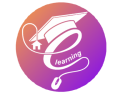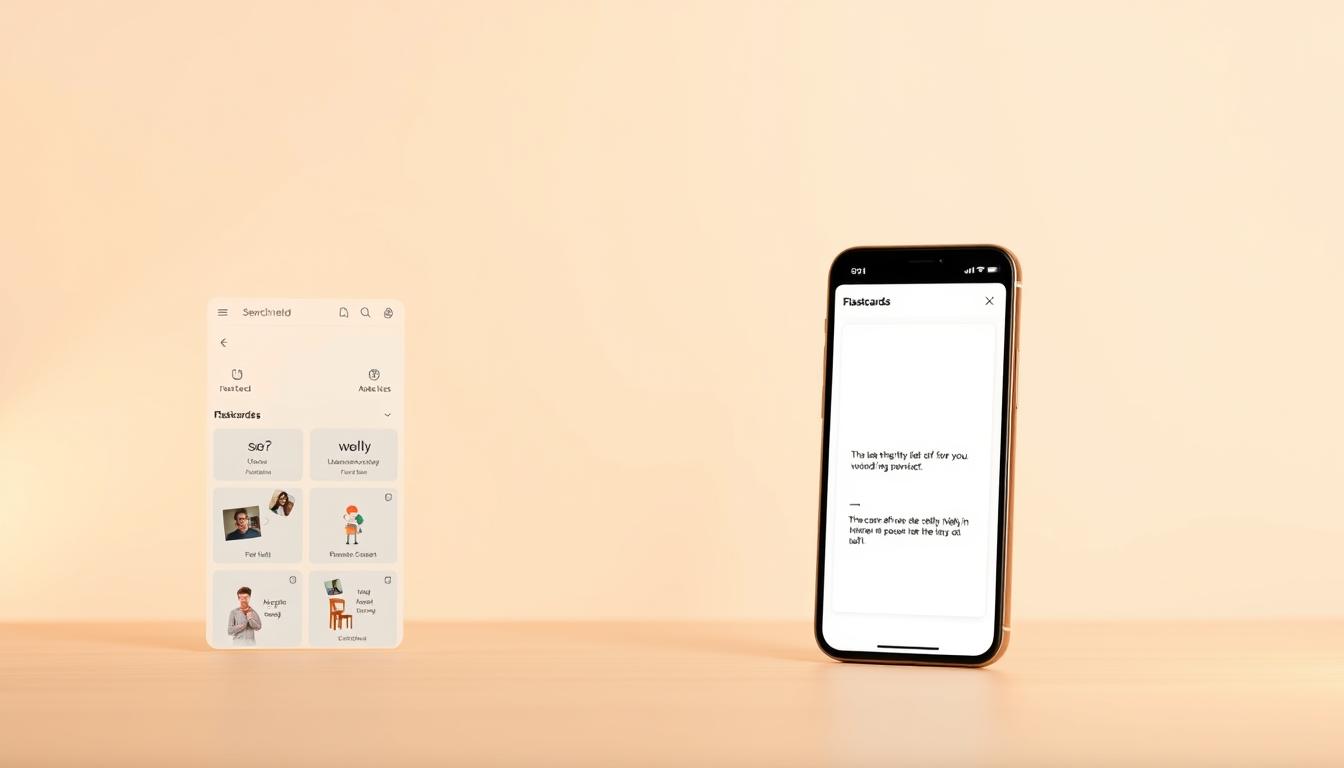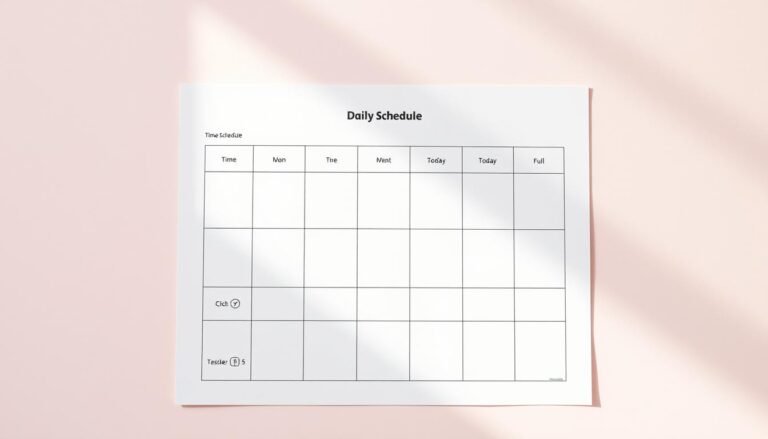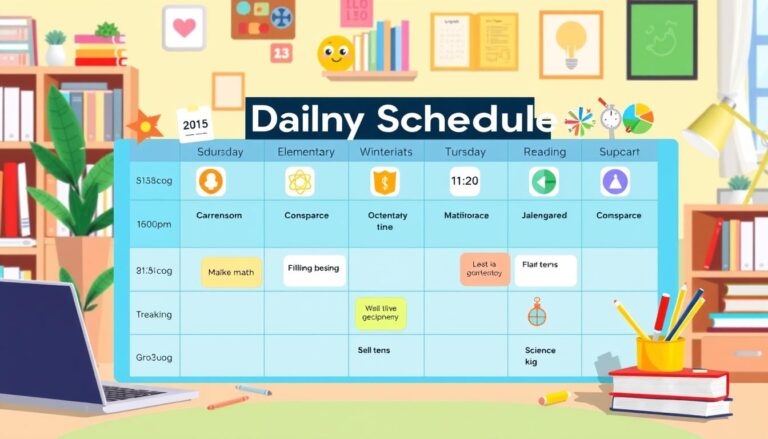Review of the Best Digital Flashcard Platforms
Have you ever wondered why some people seem to memorize information effortlessly while others struggle? The secret might lie in the tools they use. Traditional paper flashcards have been a staple for decades, but modern technology has transformed how we learn.
Today, innovative platforms like Anki and Quizlet have revolutionized the way we retain information. These tools use techniques like spaced repetition to make learning more efficient. Whether you’re studying a new language or preparing for exams, these solutions can save you time and effort.
In this article, we’ll explore how these platforms work and why they’re so effective. We’ll also compare their features to help you choose the right tool for your needs. Let’s dive into the world of modern learning tools and discover how they can enhance your study routine.
Introduction to Digital Flashcard Platforms
The way we study has evolved significantly over the years, thanks to advancements in technology. Traditional paper flashcards, once a staple in classrooms, are now being replaced by more efficient and interactive tools. These modern platforms offer a range of features that make learning faster and more effective.
The Transition from Traditional to Digital Study Tools
Paper flashcards have been used for decades, but they come with limitations. They are time-consuming to create, difficult to organize, and lack interactive elements. Platforms like Quizlet have addressed these issues by offering customizable study decks and interactive features. This shift has made learning more engaging and efficient.
One of the key benefits of these platforms is the ability to organize information into decks. This allows users to focus on specific topics and track their progress. Additionally, tools like spaced repetition help reinforce learning by reviewing material at optimal intervals. This saves time and improves long-term retention.
Real user experiences highlight the effectiveness of these platforms. Many students report significant improvements in their ability to recall information. By combining innovative features with user-friendly designs, these tools are transforming the way we study.
Advantages of Using Digital Flashcards
Retaining information for the long term is now more achievable with advanced study methods. Modern platforms like Anki and Brainscape have introduced features that make learning more efficient and effective. These tools are designed to help users focus on what matters most, ensuring that study sessions are productive and tailored to individual needs.
Improved Efficiency in Learning
One of the standout benefits of these platforms is their ability to personalize the review process. Users can create decks that focus on specific topics, allowing them to concentrate on areas where they need the most improvement. This adaptability makes it easier to manage complex material and track progress over time.
For example, Anki’s system uses algorithms to prioritize information that users find challenging. This ensures that time is spent efficiently, focusing on what needs the most attention. Similarly, Brainscape’s cognitive science-based approach tailors content to individual learning styles, making it a versatile tool for students and professionals alike.
Enhanced Memory Retention Through Spaced Repetition
Spaced repetition is a proven technique that helps users retain information for longer periods. Platforms like Anki and Brainscape use this method to review material at optimal intervals, reinforcing learning and improving long-term memory. Studies show that this approach can increase retention rates by up to 70% compared to traditional methods.
For instance, Anki’s spaced repetition system schedules reviews based on how well users remember specific cards. This ensures that difficult material is revisited more frequently, while familiar topics are reviewed less often. This intelligent scheduling saves time and maximizes learning efficiency.
| Feature | Anki | Brainscape |
|---|---|---|
| Spaced Repetition | Yes | Yes |
| Platform Support | iOS, Android, Web | iOS, Android, Web |
| Customization | High | Moderate |
| User Satisfaction | 85% | 80% |
These platforms are accessible on multiple devices, including iOS, making them convenient for users on the go. Whether you’re studying for exams or learning a new skill, these tools provide the flexibility and support needed to succeed. Real-world users have reported significant improvements in their ability to recall information, making these platforms a valuable addition to any study routine.
Key Features of the Best Digital Flashcard Apps
The right tools can transform how we absorb and retain information. Modern platforms offer a range of features designed to make learning more efficient and engaging. From adaptive learning techniques to multi-platform support, these tools cater to diverse study needs.
Spaced Repetition and Adaptive Learning Techniques
One of the standout features is the spaced repetition system. This method reviews material at optimal intervals, ensuring long-term retention. Platforms like Anki use an adaptive mode of learning, prioritizing challenging content for more frequent review.
Studies show that this approach can improve memory retention by up to 70%. By focusing on areas where users struggle, these tools make study sessions more effective and time-efficient.
User-Friendly Interface and Customization Options
A user-friendly interface is essential for a seamless study experience. Many platforms allow users to customize their decks, adding an image or audio for visual and auditory learners. This customization option ensures that the tool adapts to individual learning styles.
For example, Quizlet offers a simple design with easy navigation. Users can create decks tailored to their needs, making it a versatile choice for students and professionals alike.
Multi-Platform Support and Accessibility
Accessibility is another key feature. Most platforms are available on iOS, Android, and web, allowing users to study anytime, anywhere. A free version with basic features is often available, with a premium version offering extended functionalities.
This multi-platform support ensures that users can switch devices without losing progress. Whether you’re at home or on the go, these tools provide the flexibility needed for effective learning.
| Feature | Anki | Quizlet |
|---|---|---|
| Spaced Repetition | Yes | No |
| Customization | High | Moderate |
| Multi-Platform Support | Yes | Yes |
| Free Version | Yes | Yes |
These features work together to create a powerful learning experience. For more insights on how online education is evolving, check out our guide on online school education.
In-Depth Comparison of Top Flashcard Platforms
Choosing the right study tool can make a significant difference in how effectively you learn. With so many options available, it’s essential to understand what each platform offers. Let’s dive into a detailed comparison of Anki, Quizlet, and Brainscape to help you make an informed decision.
Anki: Mastering the Art of Spaced Repetition
Anki is renowned for its advanced spaced repetition system, which ensures long-term memory retention. Its algorithm prioritizes challenging content, making study sessions more efficient. For example, users can rate their understanding of each card, and Anki schedules reviews accordingly.
Available on Android, iOS, and desktop, Anki offers high customization. Users can create decks tailored to their needs, adding images or audio for a richer learning experience. However, its interface may feel less intuitive for beginners.
Quizlet: Simplicity Meets Innovation
Quizlet stands out for its user-friendly design and diverse study modes. While it doesn’t use spaced repetition, it offers five study modes and two game modes to keep learning engaging. Its free version is accessible, but premium features like offline access require a subscription.
Quizlet’s strength lies in its simplicity. Users can quickly create decks and access a vast library of pre-made content. It’s an excellent choice for those who prefer a straightforward, interactive approach.
Brainscape and Other Emerging Alternatives
Brainscape combines cognitive science with spaced repetition, allowing users to rate their knowledge on a scale from 1 to 5. This approach ensures personalized learning. It’s available on multiple platforms, including Android and iOS, making it convenient for on-the-go study.
Other alternatives like Classmaster.io offer advanced features like multimedia integration and offline access. These platforms are gaining popularity for their versatility and collaborative tools.
| Feature | Anki | Quizlet | Brainscape |
|---|---|---|---|
| Spaced Repetition | Yes | No | Yes |
| Customization | High | Moderate | Moderate |
| Platform Support | Android, iOS, Web | Android, iOS, Web | Android, iOS, Web |
| User Satisfaction | 85% | 80% | 75% |
Each platform has its strengths and weaknesses. Anki excels in customization and spaced repetition, while Quizlet offers simplicity and variety. Brainscape provides a balanced approach with its cognitive science-based system. Consider your study preferences and goals to choose the right tool for your needs.
Pricing and Platform Accessibility Considerations
Understanding the cost and accessibility of study tools is crucial for making informed decisions. Whether you’re a student or a professional, choosing the right platform involves evaluating both pricing and compatibility across devices. Let’s explore the key factors to consider.
Free Versions Versus Premium Subscriptions
Many platforms offer free versions with basic features, making them accessible to a wide audience. For example, Anki’s desktop version is free, while its iOS app requires a one-time payment. This model allows users to test the platform before committing financially.
On the other hand, premium subscriptions like Quizlet Plus provide advanced features such as offline access and ad-free studying. Priced at $36 annually, it’s a valuable option for those who need additional functionalities. However, free versions often suffice for casual users or those with limited budgets.
Compatibility Across iOS, Android, Web, and More
Accessibility is another critical factor. Most platforms, including Anki and Quizlet, support multiple operating systems like iOS, Android, and web. This ensures users can study seamlessly across devices, whether at home or on the go.
For instance, Brainscape’s syncing feature allows users to access their decks and progress metrics across all platforms. This flexibility enhances the overall study experience, making it easier to stay consistent with learning goals.
When selecting a platform, consider your specific needs. Free versions are ideal for basic use, while premium subscriptions offer enhanced features. Compatibility across devices ensures a smooth and uninterrupted study session, regardless of your location or device preference.
Optimizing Your Digital Flashcard Study Sessions
Maximizing the effectiveness of your study sessions starts with the right strategies. By focusing on techniques that enhance memory retention, you can make the most of your time and effort. Let’s explore how to create impactful flashcards and integrate multimedia for better results.
Effective Techniques for Creating Impactful Flashcards
Designing flashcards that trigger memory recall is essential for effective learning. Start by keeping each card focused on a single concept or word. This approach helps your brain process information more efficiently.
Spaced repetition is a powerful method to reinforce learning. Platforms that use spaced repetition ensure you review material at optimal intervals. This technique helps you focus on challenging concepts while saving time on familiar topics.
When assembling a flashcard deck, prioritize critical topics. Organize your cards into categories to make it easier to track progress. Personalizing your learning path ensures you stay engaged and motivated throughout your study sessions.
Integrating Multimedia for Better Information Recall
Adding multimedia elements like images and videos can significantly enhance the cognitive impact of your flashcards. Visual aids help your brain retain information more effectively, especially for complex topics.
For example, pairing a word with an image can create a stronger memory association. This technique is particularly useful for language learners or those studying subjects with visual components.
Multimedia integration also makes study sessions more engaging. By appealing to different learning styles, you can improve both the quality and efficiency of your learning experience. Experiment with various formats to find what works best for you.
Real User Insights and Study Strategies
Many students and professionals have found success by integrating modern study tools into their routines. These platforms not only simplify learning but also provide actionable strategies for achieving academic and professional goals. Let’s explore how real users have leveraged these tools to enhance their study experience.
Success Stories and Exam Preparation Tips
One student shared how using a platform with a standard flashcard mode helped them ace their biology course. By organizing complex topics into manageable decks, they were able to focus on key concepts and track their progress effectively. Another professional highlighted the benefit of downloading pre-made decks to save time while preparing for certification exams.
Here are some practical strategies supported by real-life examples:
- Use the standard flashcard mode to review foundational concepts before diving into advanced topics.
- Download shared decks to access high-quality study material created by experts.
- Incorporate multimedia elements like images and audio to enhance memory retention.
These strategies not only improve exam preparation but also make learning more engaging. For instance, a language learner found that adding images to their flashcards significantly boosted their vocabulary retention. Similarly, a medical student credited spaced repetition for helping them recall complex terms during exams.
By adopting these methods, you can find your optimal study way and achieve your learning goals more efficiently. Whether you’re preparing for a course or mastering a new skill, these insights can guide you toward success.
Conclusion
Learning has never been more engaging and efficient, thanks to modern study tools. These platforms offer features like game-based learning and video integration, making the process both fun and effective. By leveraging spaced repetition and multimedia elements, users can enhance their memory retention and study smarter.
We’ve explored how tools like Anki and Quizlet provide tailored solutions for diverse learning needs. Whether you’re preparing for exams or mastering a new skill, these platforms can transform your study routine. Their adaptability and accessibility make them ideal for students and professionals alike.
We encourage you to explore these tools and adopt the strategies discussed. Share your experiences and success stories to inspire others. With the right approach, achieving your learning goals is within reach.







